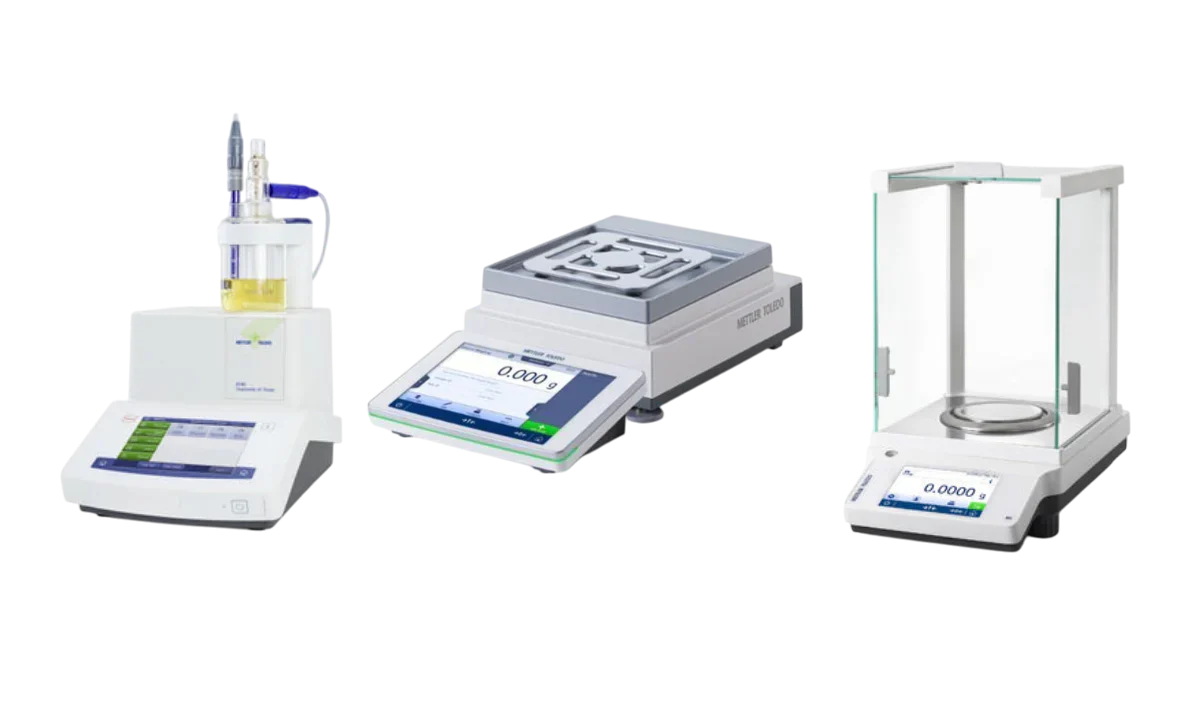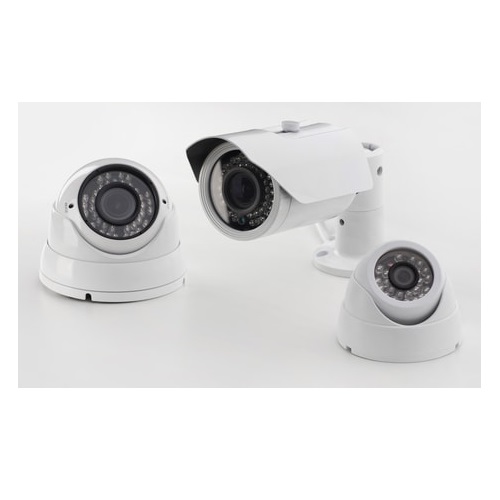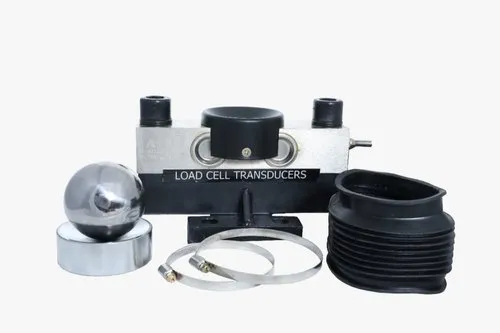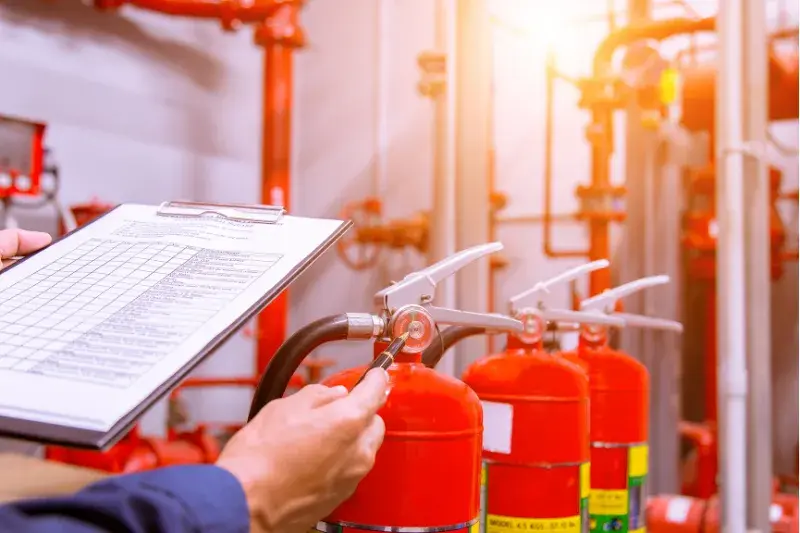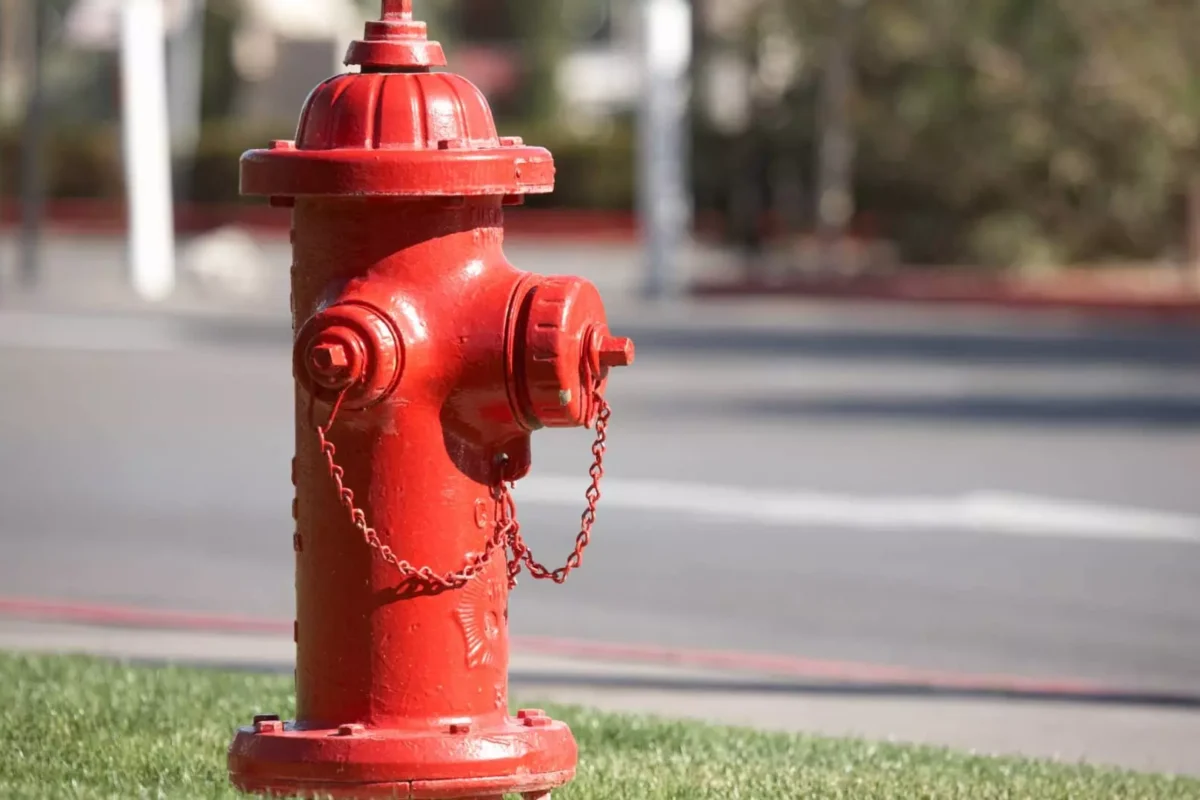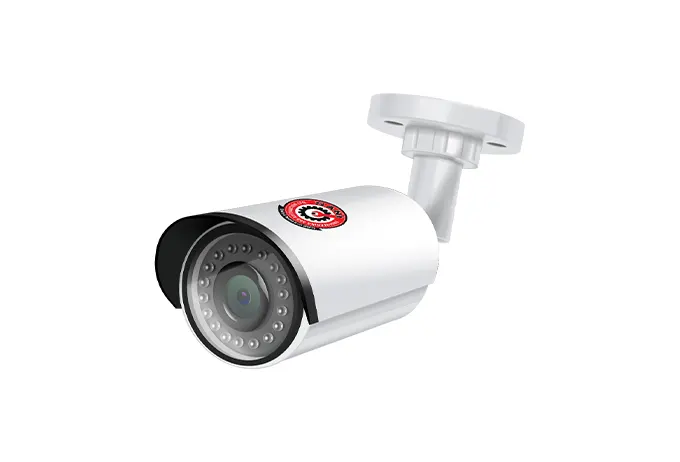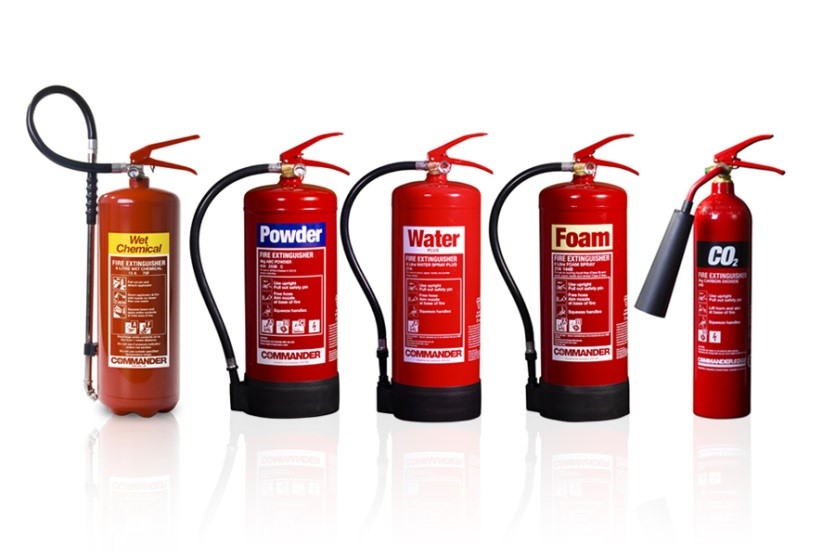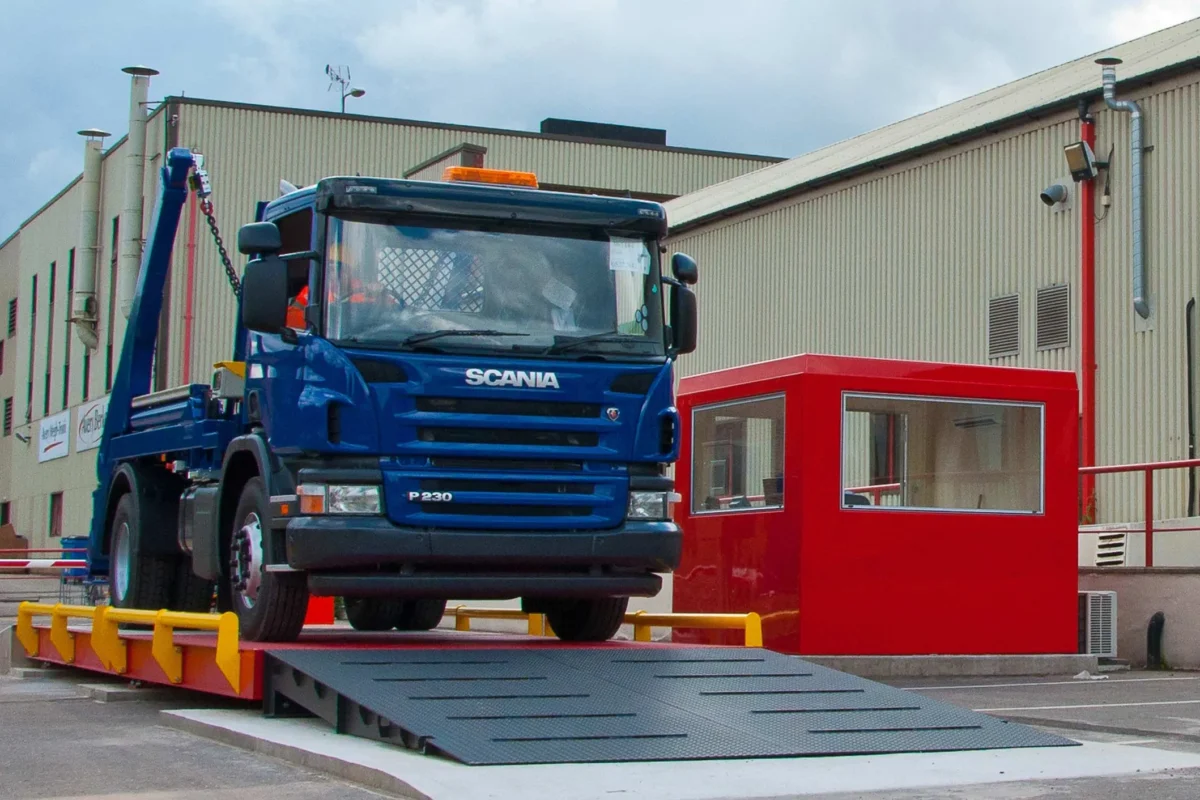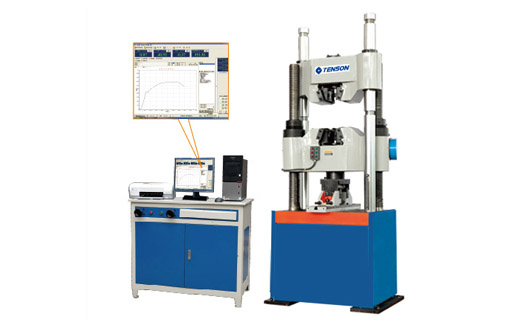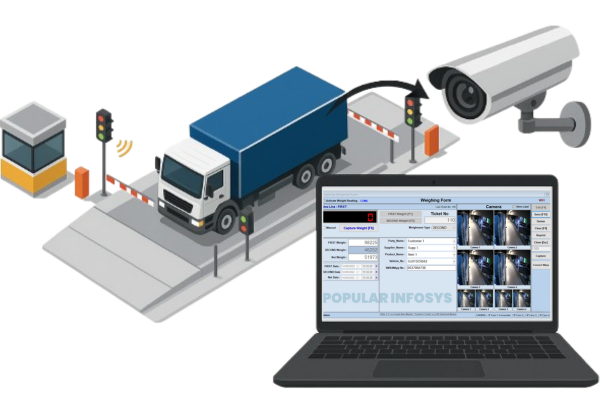Weighing controllers are becoming essential tools for modern industries in Uganda. These smart devices don’t just measure weight—they improve accuracy, reduce waste, speed up production, and support better decision-making. As more companies look for ways to streamline operations, weighing controllers are proving to be one of the most practical and effective technologies to adopt.
This blog explores how weighing controllers work, why they matter, and how they are transforming local industries. You’ll also find helpful examples, tips, and an FAQ section.
What Are Weighing Controllers?
Simple Explanation
A weighing controller is a device that takes weight readings from sensors (load cells) and converts them into clear and accurate data. Unlike basic scales, controllers can automate processes, store data, interact with other machines, and control entire weighing systems.
Key Capabilities
- Deliver highly accurate weight readings
- Connect easily with PLCs, computers, and production systems
- Log data for tracking and reporting
- Support batching, filling, and dosing operations
- Provide alarms, control outputs, and real-time monitoring
Why Weighing Controllers Matter in Uganda
1. They Boost Production Efficiency
Manual weighing can slow down production lines. With controllers, weighing becomes automated, consistent, and much faster. This reduces downtime and helps companies increase their daily output significantly.
2. They Reduce Material Waste
Inaccurate weighing leads to overfilling or underfilling—both of which cost money. Controllers maintain high accuracy, helping industries use materials more efficiently and avoid unnecessary losses.
3. They Improve Product Quality
For industries like food processing, chemicals, and manufacturing, stable product quality is essential. Weighing controllers support uniform batching and mixing, helping companies maintain strict quality standards.
4. They Support Compliance and Traceability
Ugandan industries must meet various standards and regulations. Controllers provide reliable, traceable data that supports audits, reporting, and proper quality control.
5. They Provide Valuable Data for Decision-Making
With real-time and historical weight data, companies can identify trends, improve processes, and make smarter business decisions. This leads to better planning and stronger operational performance.
6. They Reduce Labour Pressure
Automation reduces the need for manual measurement and checking. Employees can focus on higher-value tasks instead of repetitive weighing chores.
Where Weighing Controllers Are Used in Uganda
Food and Beverage Processing
Factories producing grain, flour, beverages, spices, or packaged foods rely heavily on accurate batching. Controllers help automate mixing processes, ensuring consistent product quality.
Logistics & Weighbridges
Truck weighbridges use controllers to capture accurate vehicle weights, prevent overloading, and ensure fair and accurate transactions.
Packaging Lines
In industries that bottle, pack, or fill containers, controllers regulate precise filling—minimizing giveaway and improving customer satisfaction.
Chemical and Construction Materials
From cement plants to paint factories, controllers help manage bulk materials, silo levels, and production consistency.
Agriculture
Feed mills and agro-processing plants depend on controllers for batching livestock feed, mill operations, and storage monitoring.
How Sani Engineering & Automation Supports These Systems
Sani Engineering & Automation Ltd provides complete weighing and automation solutions tailored to Uganda’s industrial needs. Here’s how the company supports businesses:
- Custom-designed weighing systems: For batching, silo weighing, filling, and mixing
- Professional installation: Ensuring accuracy, reliability, and long-term performance
- Calibration & certification: Keeping all weighing equipment compliant and precise
- System integration: Connecting controllers with PLCs, software, and production equipment
- Maintenance & repairs: Fast and reliable local support
- Local expertise: Understanding the unique demands of Ugandan industries
Whether you need a new weighing controller or want to upgrade an existing production line, Sani Engineering ensures you get a robust and efficient system.
Tips for Ugandan Businesses Considering Weighing Controllers
- Define your production needs before choosing a controller
- Confirm compatibility with your existing equipment
- Plan for regular calibration to maintain accuracy
- Invest in staff training for smooth operation
- Work with certified local experts for installation and support
These steps make the investment more effective and improve long-term performance.
Frequently Asked Questions (FAQ)
Q: What’s the difference between a weighing indicator and a weighing controller?
A weighing indicator only displays weight. A controller can display weight and automate processes such as batching, dosing, and filling.
Q: Are weighing controllers suitable for small factories?
Yes. Even small operations benefit from reduced waste, faster production, and improved accuracy.
Q: How often should weighing controllers be calibrated?
Calibration is recommended periodically, depending on your usage. Regular calibration ensures compliance and accuracy.
Q: Can weighing controllers integrate with software and PLCs?
Yes. Modern controllers support industry communication protocols, making integration easy.
Q: What challenges should businesses expect?
Initial setup cost, training needs, and regular calibration. Working with a reliable supplier like Sani Engineering minimizes these challenges.
Final Thoughts
Weighing controllers are transforming Uganda’s industries by delivering accuracy, efficiency, and automation. They help companies reduce costs, improve quality, and work smarter. With expert installation and support from Sani Engineering & Automation Ltd, businesses can fully unlock the power of automated weighing systems.
If you’re ready to upgrade your production or weighing processes, Sani Engineering is ready to help you every step of the way.


